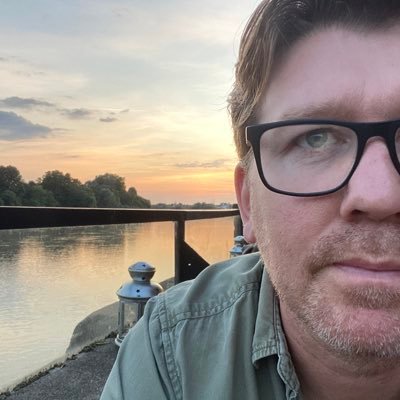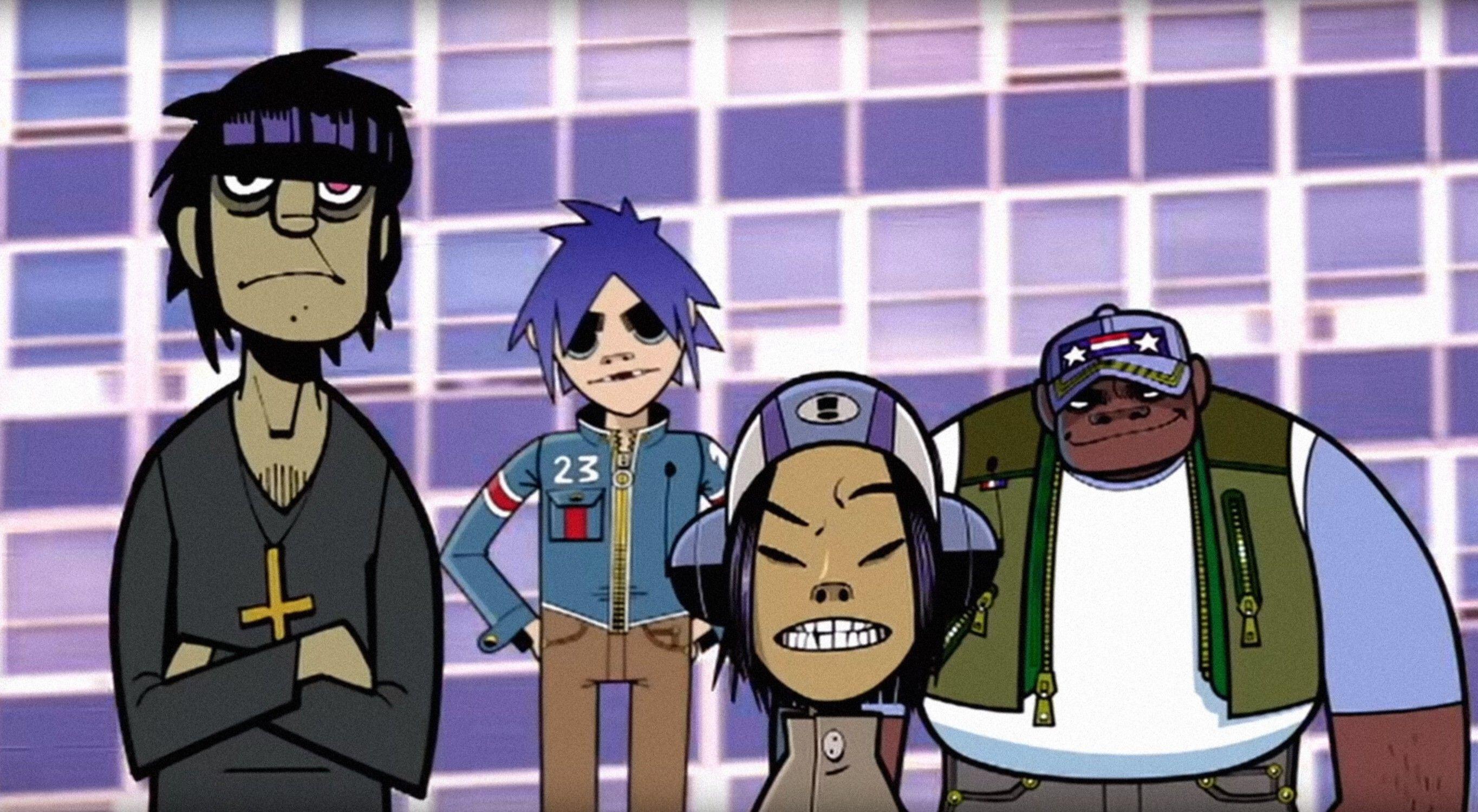Mark Bright: 'We could have changed history – and got Alex Ferguson the sack'
The former Crystal Palace and Sheffield Wednesday striker on the ups and downs of his career, facing up to racism in his younger days and losing that iconic FA Cup final 32 years ago
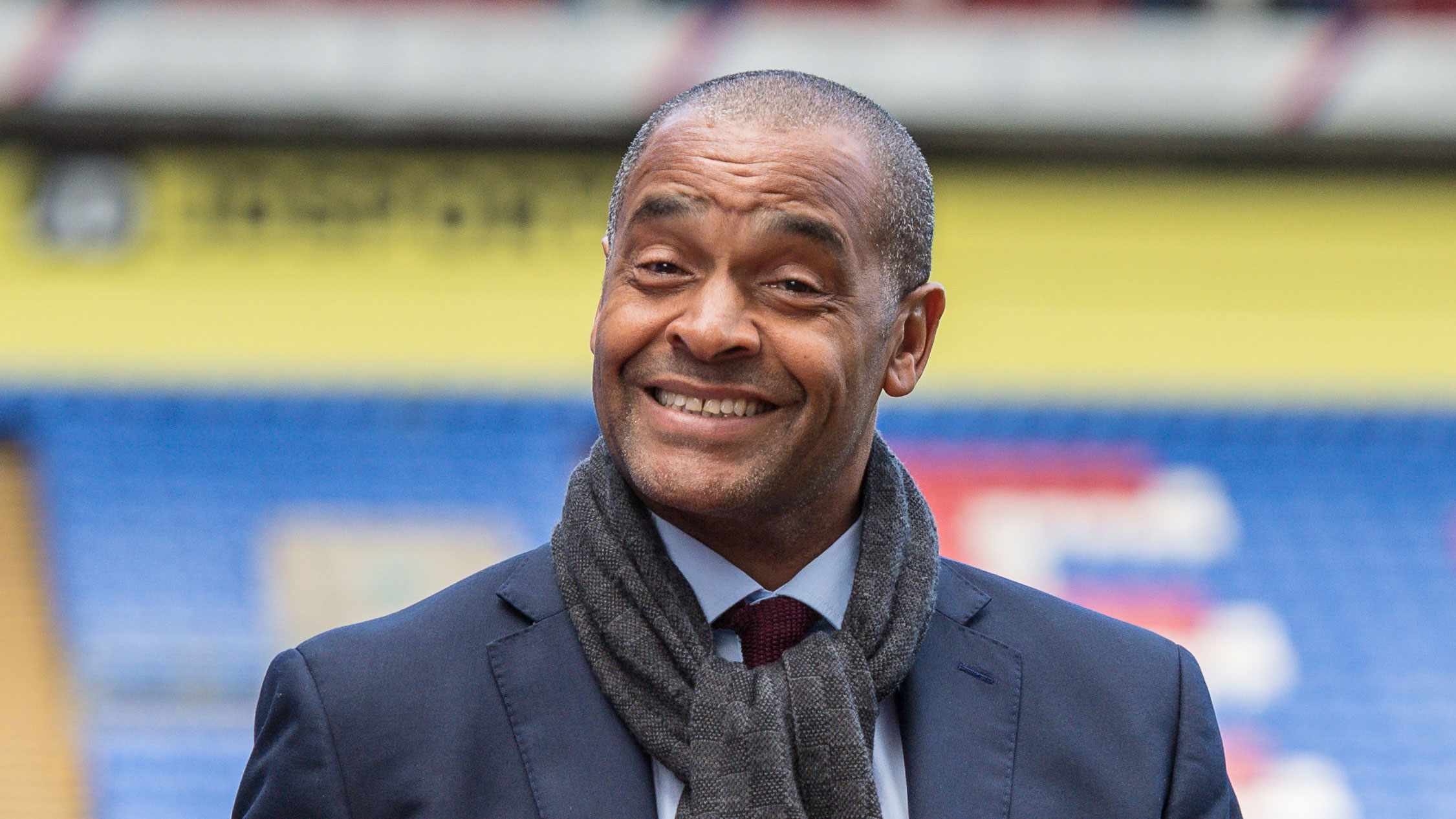
How much did your childhood shape you as a footballer?
My childhood, as difficult as it was in places, totally shaped me as a man and a footballer. Having to move into foster care, being a kid from a mixed heritage in Stoke, experiencing racism in the 1970s, it was hard. The thing is, with setbacks came dreams. My old teacher, the wonderful Mr Arkles, used to worry that I was too much of a dreamer, but you have to dream – and when Crystal Palace got to the 1990 FA Cup Final, that teacher sent me a congratulatory telegram. My experiences as a kid made me who I am now, so I wouldn’t change a thing.
You started at Leek Town before securing a switch to Fourth Division Port Vale. How much of an education was that?
A good one but a tough one. I’d had stones thrown at me as a black kid growing up, and maybe it hardened me up for life in football back then. Playing amateur football, your skin gets toughened. It wasn’t easy and I learnt a lot about the game and life. It was difficult but like everything in my young life, I focused on the positives. There had been many black players paving the way for guys like me, and I’m so grateful to them, but it makes me so angry that today there’s still an issue.
You had to face an ageing Roy McFarland as a young pro. Is it true it nearly finished your career?
It is. Roy was in his mid-30s and I couldn’t get a kick against him. He was 35 and I thought if I – aged 19 – can’t get the better of him, is there any point? I was gutted. My boss, John Rudge, said not to worry. This was a wily old pro who nudged me, leaping early, every little trick in the book. Roy was a really good player and John encouraged me not to be put off by how good he was. It was a valuable lesson.
You went to Leicester in 1984 and ended up replacing Gary Lineker. Was that hard?
Yeah. I was an understudy to Alan Smith and Gary for a bit, and then replaced Gary when he went to Everton. It was my time and I did great at first. Like a dream. Gary returned to Filbert Street and I scored two first-half goals. The Leicester fans chanted, “What a waste of money” to Gary, who came into our dressing room by mistake at half-time. He went on to get 38 goals that season [1985-86], though, and I scored six. It became harder and I took it badly – I was even depressed. The fans had been on my back and I struggled.
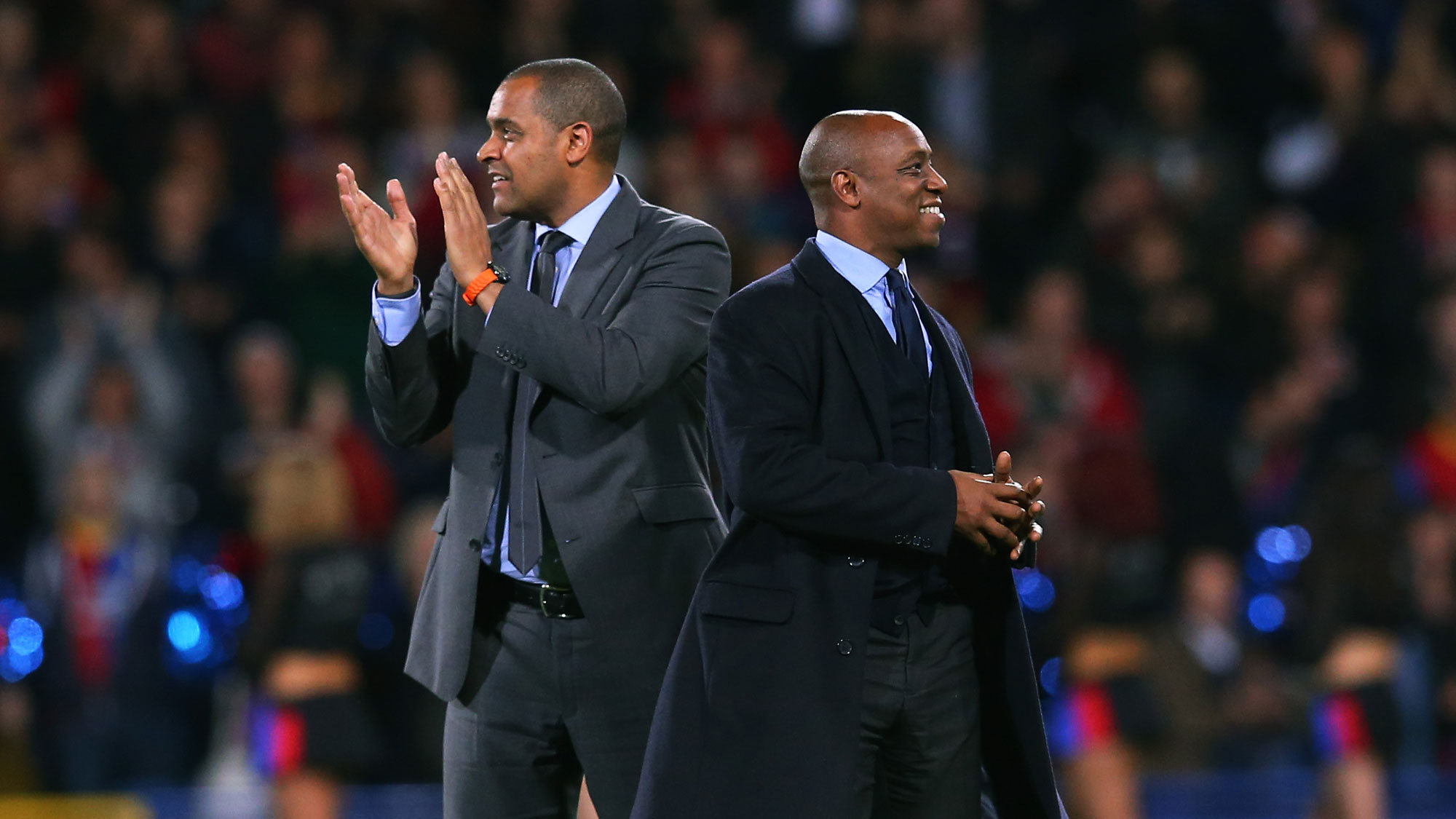
How important was your move to Crystal Palace in 1986?
I got a fresh lease of life there. Moving to London, with a young manager in Steve Coppell, was perfect. It was a fantastic time to be at Selhurst Park and there was an immediate weight taken off my shoulders – I felt a huge lift. When I signed, I remember watching the team at Nottingham Forest and seeing Ian Wright for the first time. I thought, ‘My god, this guy can play – he’s so fast’. But he gave away loads of fouls and ran offside all the time! He just needed a bit of guidance.
It was some partnership. Is it Wright and Bright, or Bright and Wright?
It’s Wright and Bright. He decided it sounded better! We thrashed Southend in the League Cup and both of us got hat-tricks. We flipped a coin for the matchball. He won, of course…
To talk about your FA Cup run in 1990, we have to begin with that 9-0 annihilation in the league at Anfield earlier that season…
That was a hard, hard evening. At one point, Wrighty asked me what the score was as we’d lost count. John Pemberton made us laugh in the dressing room after. We were all distraught, he looked up and said, “Liverpool, I think they’re going to be all right.”
Get FourFourTwo Newsletter
The best features, fun and footballing quizzes, straight to your inbox every week.
And so to the semi-final, against Liverpool again. What was your approach?
We were without Wrighty, our best player, but we had a plan. They had some injuries too, so we wanted to get our set-pieces right and target their back four. Andy Gray was great with his deliveries and we upset them in the second half. Get in the channels and just get at them. They could only play one way and we made the match a little crazy. Before extra time, Coppell was pumped up, telling us, “You’re younger, fitter and hungrier. They’ve won everything – this is your time.” We found that extra yard, and when Alan Pardew scored and we held on… well, you can’t put it into words.
How disappointing was the final defeat to Manchester United?
What a game! We were so close! Wrighty comes off the bench and does what he does [scoring twice] and we’re just seven minutes away from immortality. Brilliant stuff. I made the mistake of thinking we’d done it. I started to imagine us lifting the cup, but Mark Hughes scored a late goal to force a replay. Disaster. We would have changed history. Would Alex Ferguson have kept his job after that? I don’t know.
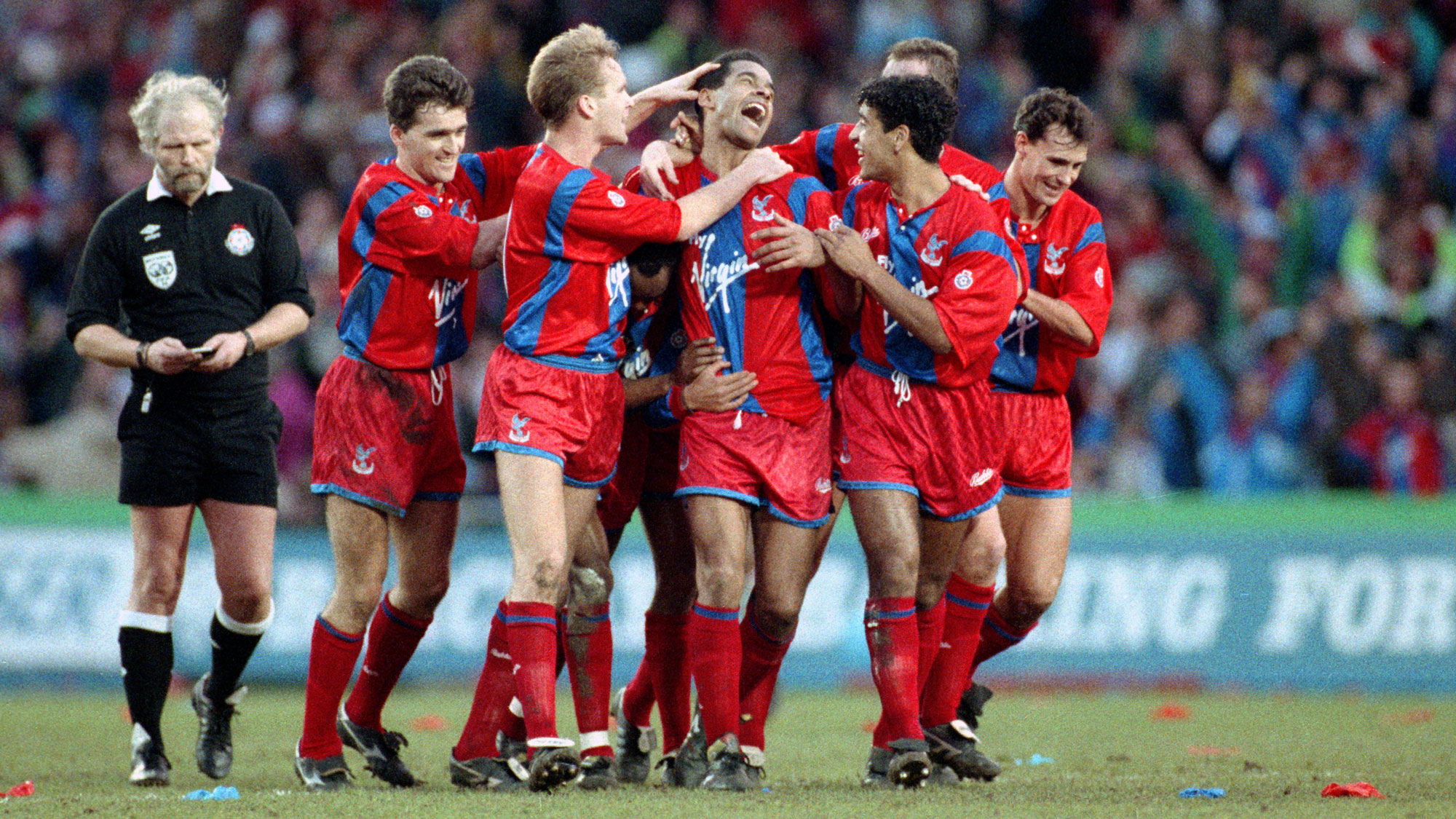
Is it fair to say you peaked as a player at Sheffield Wednesday?
They signed me as the complete player. I was 31 but had it all: still very fit, very experienced. I’m still the club’s top Premier League scorer. We had a great team with Chris Waddle and David Hirst, and I had fun. I remember a fan writing a letter to the local paper, asking why the club had bought this old has-been. I kept that cutting. I scored an extra-time winner in an FA Cup semi-final against Sheffield United – that’s one of the proudest moments of my life. I did miss a few chances, mind, but I got the winner in the end. Great day.
You played in some classic matches. How thrilling was the 4-4 play-off final against Sunderland when you were at Charlton?
That was a draining day, so emotional. I was a wreck that night. We all were. I’d come off for the penalties but I knew our keeper, Sasa Ilic, would save one. When he did we ran on the pitch, but from the corner of my eye I saw the Sunderland player who’d missed, Michael Gray, looking gutted. I made a beeline for him and just said, “Michael, chin up mate – come on, it’s OK.” A few of his team-mates thought I was taking the piss and pushed me off him. I got an apology eventually.
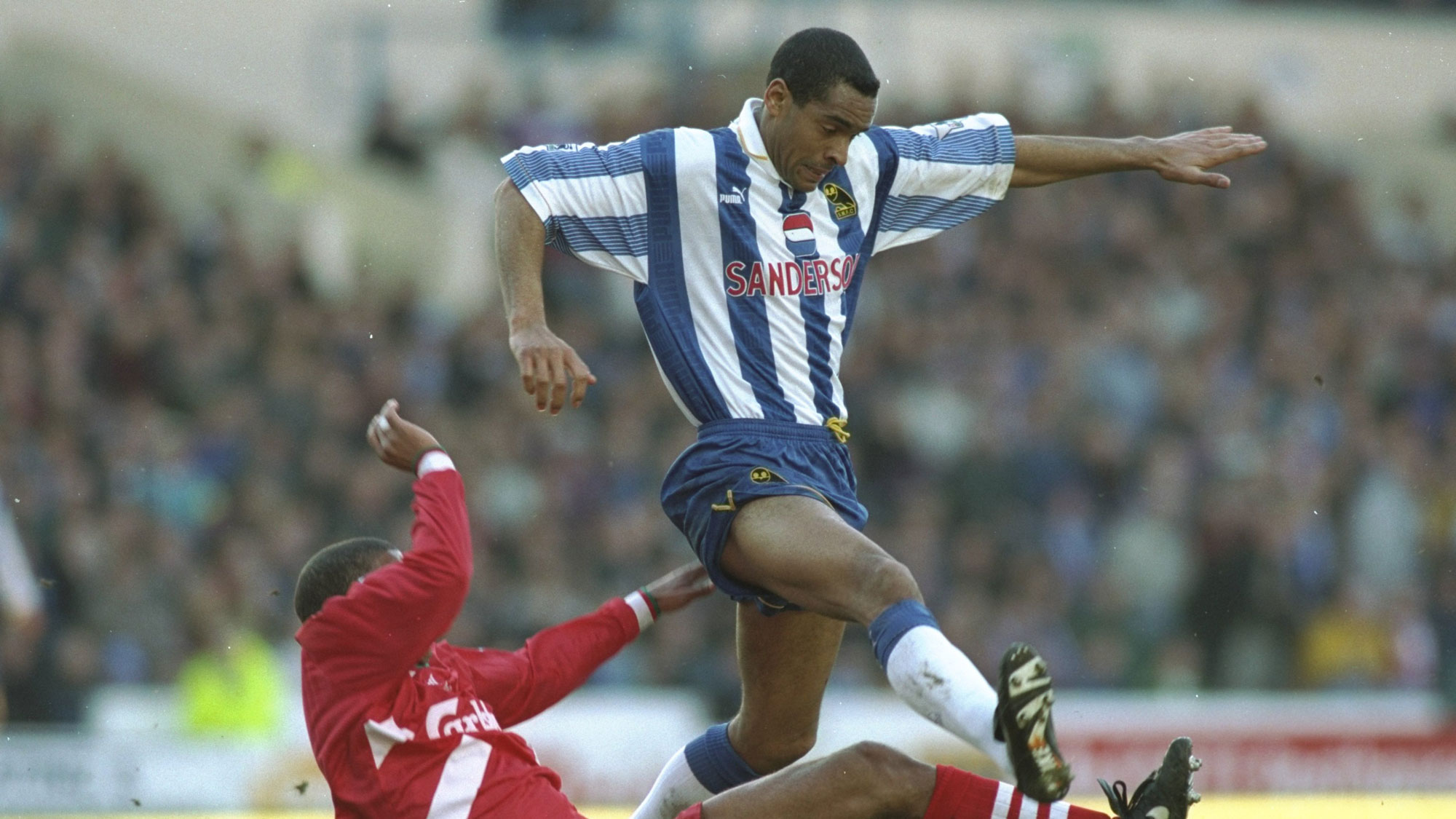
Leo Moynihan has been a freelance football writer and author for over 20 years. As well as contributing to FourFourTwo for all of that time, his words have also appeared in The Times, the Sunday Telegraph, the Guardian, Esquire, FHM and the Radio Times. He has written a number of books on football, including ghost projects with the likes of David Beckham and Andrew Cole, while his last two books, The Three Kings and Thou Shall Not Pass have both been recognised by the Sunday Times Sports Book of the Year awards.
